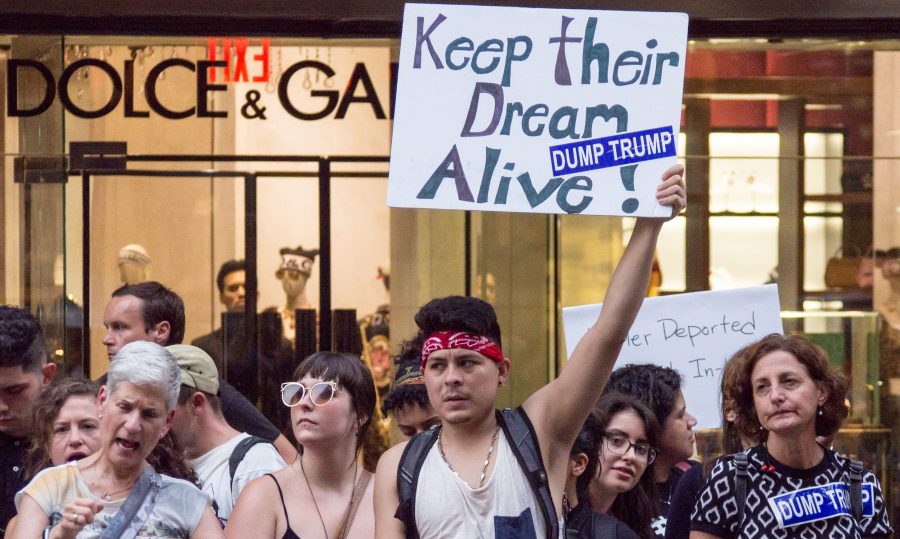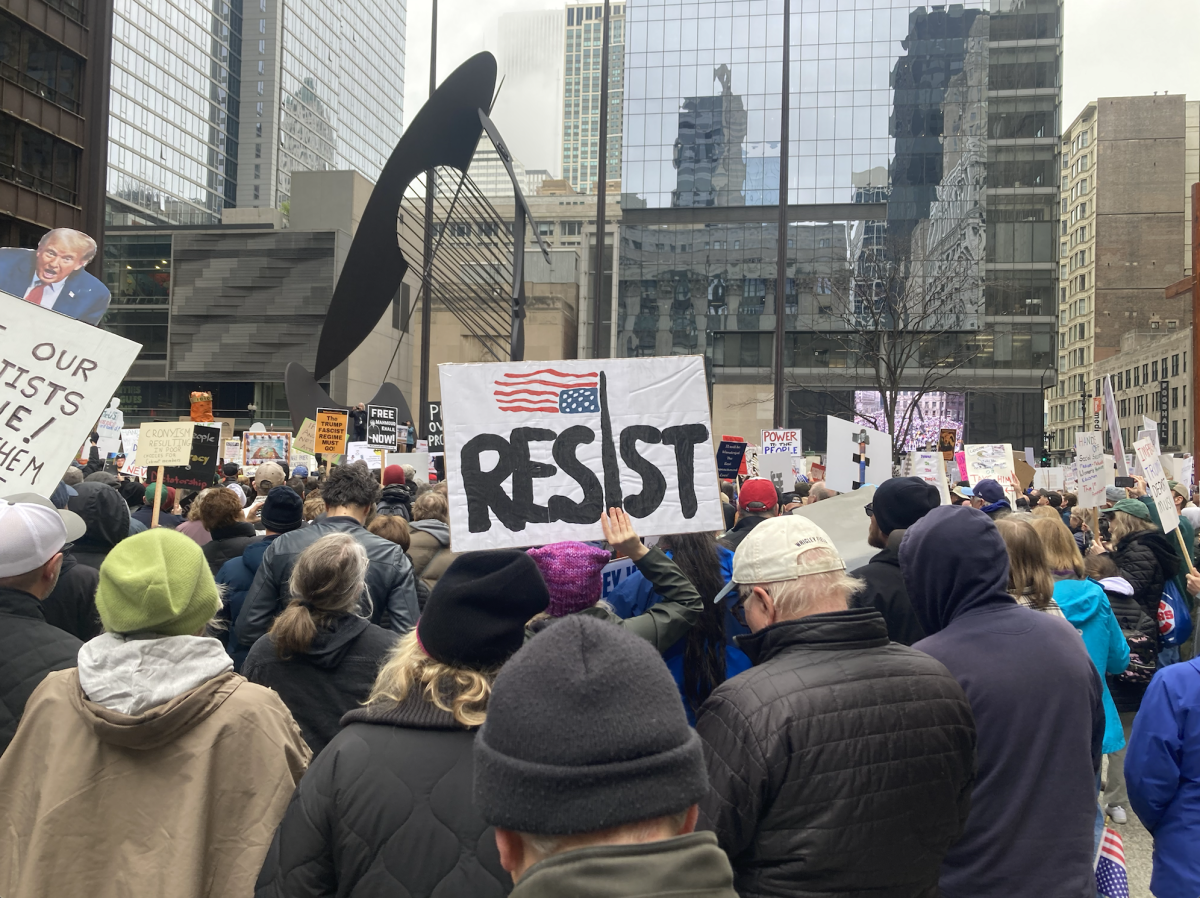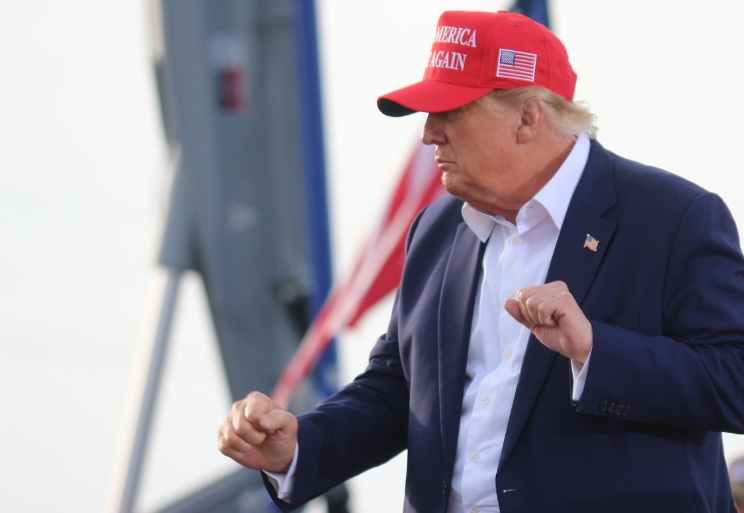President Donald Trump recently announced an end to the Obama-era immigrant protection program DACA, or the Deferred Action for Childhood Arrivals. DACA is a relief program for child immigrants that provides them with a work permit and protects them from deportation if they entered the United States before their sixteenth birthday. Trump is urging Congress to pass a replacement program, which his administration is in the process of drawing up. If they are able to come up with one, effects will take place as early as March, which means that the 800,000 “dreamers” will be eligible for deportation. Dreamers, or the participants of DACA, have provided and worked for the United States, while contributing to its economy, providing a life for themselves and others, and pursuing their own dreams and beliefs. But now, these 800,000 individuals face possible deportation to countries many of them do not know.
Mass deportation, which is likely to come from halting the DACA program, fuels the xenophobic mentality felt so strongly in some sectors of American society and politics. The belief that America needs to be protected from any and all immigrants has been sweeping the nation under Trump and his policies, creating a sense of fear among immigrants and citizens.
Attorney General Jeff Sessions announced on Sept. 5 that the Trump administration will stop accepting new DACA applicants after Oct. 5, but dreamers who already have a permit will be allowed to apply for a two-year renewal. However, the permits expire after two years, so the last renewals will be authorized in March. After the two years, the DACA program will no longer be in effect, or it will be a revised and revamped version. “We will resolve the DACA issue with heart and compassion—but through the lawful democratic process—while at the same time ensuring that any immigration reform we adopt provides enduring benefits for the American citizens we were elected to serve,” Trump said. Trump wants to protect Americans against immigrants, but if he really cared about the dreamers, Trump wouldn’t have thrown the program back to Congress for a decision—he would have continued and added to Obama’s policy.
Trump’s decision shows that he is buckling down on the immigration reform promises he made during his campaign. Although appealing to his voters by pushing for reform, Trump has at times appeared sympathetic to the plight of dreamers. By leaving the decision up to Congress, Trump may be hoping to play both sides of the question, appealing to his base and showing sympathy for dreamers: “The DACA situation is a very difficult thing for me, as I love these kids, I love kids… I find it very, very hard doing what the law says exactly to do, and you know, the law is rough,” Trump said. Although Trump is pushing Congress to legalize DACA, if they are not able to, it is possible that Trump will let the decision lapse, because he wants the political heat from it to be left on Congress. During his campaign, Trump promised immigration reform, and so by changing DACA he is fulfilling his promises to his voters to keep their devotion.
The order to end DACA was met with heavy backlash and disapproval. Prominent political figures and business leaders spoke up against the decision; New York Senator Chuck Schumer stated that ending DACA is “heartless” and will have a heavy “human and economic toll” on American society; Obama posted to his Facebook page that “to target these young people is wrong” and that it is “cruel…because they have done nothing wrong.” Protests, speeches, and walkouts were also held across the country. Signs holding up “We are America” and “Don’t destroy dreamers’ dreams” all convey one thing: the dreamers are here to stay.














